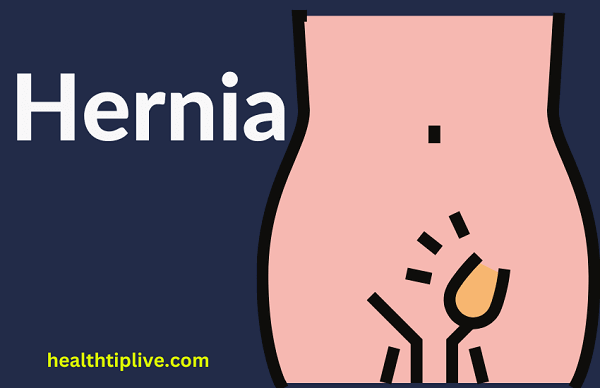What is a hernia?
Table of Contents
You’ll find that when an internal body part pushes through a weakness in the surrounding muscle or tissue wall, this is when a hernia will occur. Typically, a hernia forms between your chest and hips. It frequently has no or few symptoms, however, you can feel a lump or swelling in your groyne or abdomen. When you lie down, the lump frequently vanishes or might be pushed back in. The lump could show up when you cough or strain.
What are the different types of hernias?
Inguinal hernias
When fatty tissue or a portion of your bowel pushes through into your groin near the top of your inner thigh, it is known as an inguinal hernia. This type of hernia is the most prevalent and primarily affects men. It’s frequently linked to ageing and consistent abdominal strain.
Femoral hernias
Femoral hernias can also develop near the top of the inner thigh when fatty tissue or a portion of the bowel protrudes into the groyne. Compared to inguinal hernias, they are far less prevalent and typically affect more women than males. Femoral hernias are similar to inguinal hernias in that they are brought on by ageing and consistent abdominal strain.
Umbilical hernias
When fatty tissue or a portion of your bowel protrudes through your abdomen close to your belly button, it is called an umbilical hernia. If the opening in the tummy where the umbilical cord passes through does not fully seal after birth, newborns may develop this type of hernia. Adults are susceptible as well, probably as a result of an ongoing abdominal strain.
Hiatus hernias
Hiatus hernias happen when a portion of your stomach pushes through a hole in your diaphragm, the thin muscle sheet that separates your chest from your abdomen. Although some people may experience heartburn as a result of this form of hernia, it may not have any obvious symptoms. Hiatus hernias may be brought on by pressure on the abdomen or the age-related weakness of the diaphragm, however, the specific reason is unknown.
When should I seek medical advice?
If you believe you have a hernia, visit a doctor. If necessary, they might recommend a hospital for surgical care.
Suppose you have a hernia and experience any of the following signs. In that case, you should see your local A&E right away or seek medical advice or surgery from a Consultant General, Colorectal and Laparoscopic Surgeon such as Mr Andrew Clarke.
- Sudden, severe pain
- Feeling nauseous and being sick
- If you are having difficulty pooing or passing wind
- If the hernia becomes firm or tender, or cannot be pushed back in
What is the best treatment for a hernia?
It is most likely that your hernia will not get better on its own, surgery is usually only one of the ways to repair them. However, your doctor will always recommend which hernia treatment they think is best suited for your type of hernia. They might decide to refer you to a surgeon, who then might decide it is necessary to repair your hernia, they will then decide which method of surgery is best suited.
What are the different hernia surgery options?
There are two primary approaches to hernia surgery:
- Open surgery– During open surgery, a cut is made to allow the surgeon to push the lump back into the abdomen.
- Laparoscopy– During laparoscopy (keyhole surgery), a series of tiny cuts are made to allow the surgeon to utilise various specialised tools to repair the hernia.
The majority of patients are able to return home the day of or the day following surgery, and they usually fully recover in a few weeks. If your doctor advises surgery, it’s crucial to understand the dangers involved as well as the chance that the hernia will recur. Make sure you and your surgeon talk about the advantages and dangers of the operation in detail.
